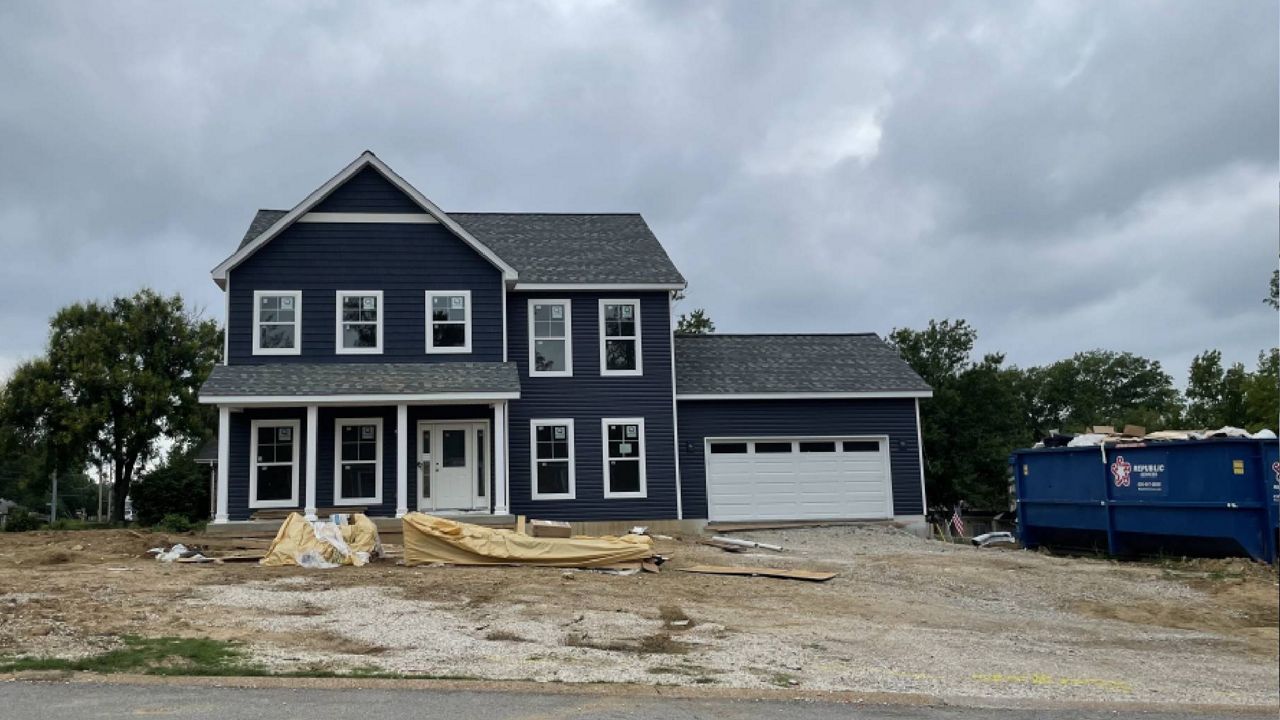One month after a vote on the issue failed, the St. Louis County Council will take a fresh look at legislation that would put a freeze on property taxes for seniors, just as another county in the region is exploring the issue.
State lawmakers passed a measure in the 2023 legislative session that allows local county governments to pass their own ordinances to freeze property tax levels for those eligible for social security, or for petitioners to ask for a public vote.
St. Louis County lawmakers voted down a bill last month on a 4-3 party line vote, with the Council’s Democratic members in opposition. Republicans who voted in favor of it described the authorizing legislation at the state level as “poorly written” and “not a perfect bill” but supported it in order to give seniors tax relief.
County Councilman Dennis Hancock, a Fenton Republican, confirmed that he’s bringing the county bill, first sponsored by Councilman Mark Harder, back up for consideration Tuesday, in light of the more recent debate that has emerged about a potential tax break for Boeing worth $155 million over 10 years in exchange for the company’s expansion near St. Louis Lambert International Airport.
Tuesday would re-boot the legislative process, meaning no final vote would be taken.
“Hopefully those who opposed the bill last time can see the irony in supporting one but not the other,” Hancock told Spectrum News, adding that he wasn’t targeting any one particular Democrat who previously voted against the measure.
St. Louis County officials said the county and its taxing districts would have lost more than $30 million in revenue over the past five years had the freeze been in effect. While supporters say the measure would help seniors, particularly those on a fixed income, in their homes, opponents fear that schools and fire protection districts which rely on property taxes, would essentially be de-funded.
Monday night, the St. Charles County Council held a 6 p.m. work session to discuss the state law and heard from legal counsel about questions regarding eligibility for and execution of the legislation at the county level.
County Executive Steve Ehlmann said he's asked Missouri Gov. Mike Parson to call a special session to fix issues related to the state law that takes effect Aug. 28. Among several questions is whether the legislation allows a county to only freeze its own property tax rate, or if it would apply to all taxing districts in the county.
Officials are still trying to understand the legislative intent.
"I think this bill is a half-baked pie and I think the legislature baked it half way and gave it to you and said Good luck finishing this thing off," Councilman Mike Elam said. Elam said he's spoken to three state lawmakers representing St. Charles County who all offered different interpretations of the bill.
"We want to write a good bill that's gonna pass and stand up."
Ehlmann is set to meet later this month with the county's Jefferson City delegation, and language of a county ordinance could be drafted by the end of this week.
Three state reps who all voted for it had three different interpretations.
While there appears to be broader County Council support in St. Charles County than in St. Louis County, there is disagreement about the best approach to take.
"When this thing first came up I was totally shocked when St. Louis County brought it up immediately, they brought it up immediately and all these questions were still out there....they voted it down. And I did not want that to happen here," St. Charles County Councilman Terry Hollander said.
"I don't want to sit back and wait for another county to do something. We are the third largest. That means we should take the lead on everything that happens in this state.," Councilman Matt Swanson said. "Let's take the lead and do something right for our seniors."
Ehlmann told Spectrum News Monday he expects the issue to end up in court.
"Ultimately it’s going to be up to a judge to decide if we get it right or not so I want to make sure that we’re at least trying to do what they intended and we’ll see if a judge agrees that they wrote it the way they intended it to operate,” he said.



